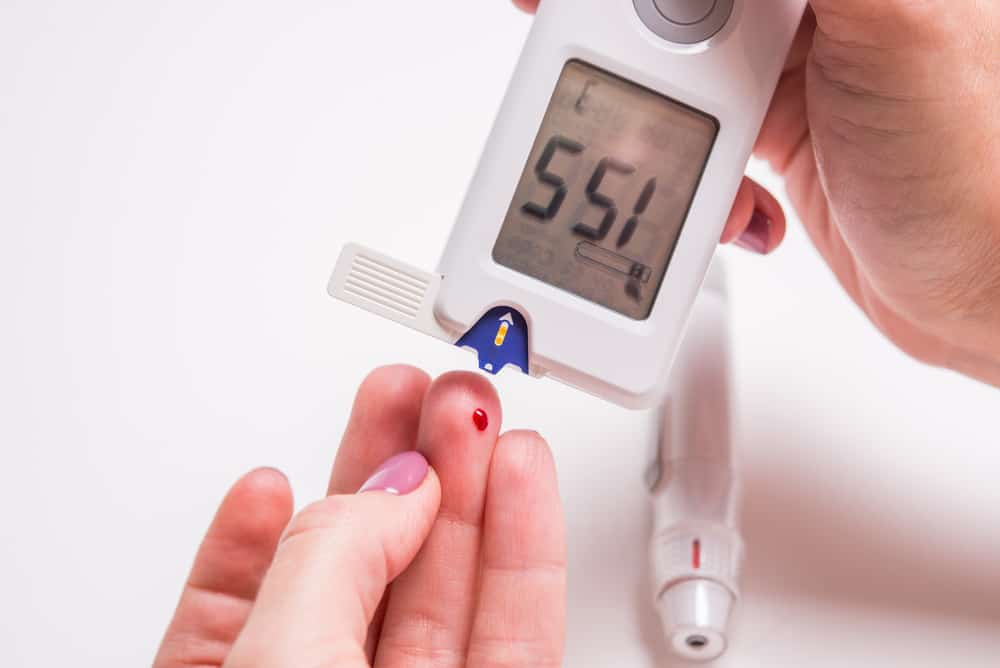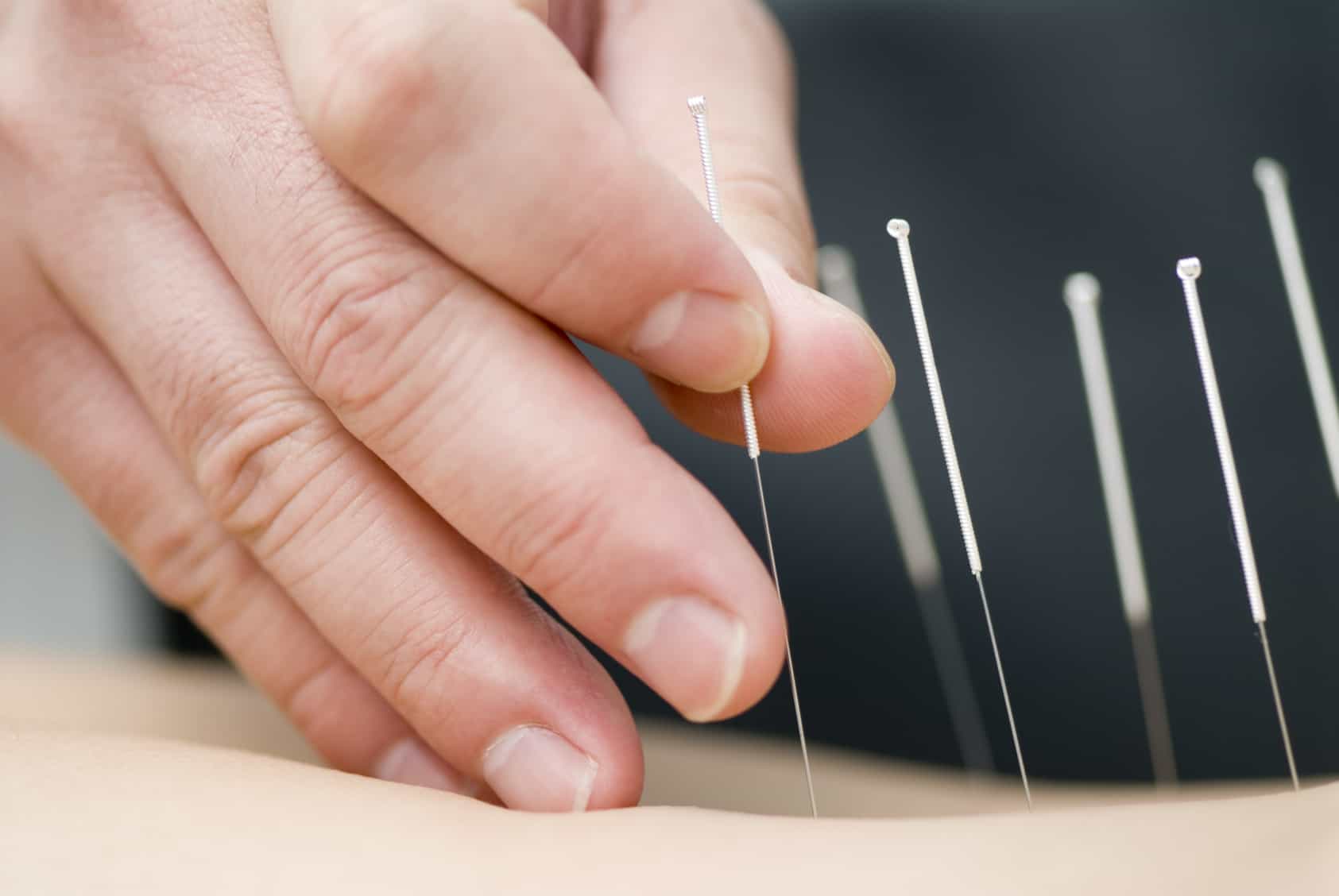Contents:
- Medical Video: Five Signs That Could be Symptoms of Diabetes
- What is glucose toxicity?
- What are the symptoms of glucose toxicity?
- What causes glucose toxicity?
- How to diagnose glucose toxicity?
- How to treat it?
- Complications of glucose toxicity that may occur
- How to prevent glucose toxicity?
Medical Video: Five Signs That Could be Symptoms of Diabetes
High blood sugar is not only possessed by people with diabetes. Healthy people can also experience it. Although indeed people who have high blood sugar are mostly diagnosed diabetes mellitus. High blood sugar levels can cause several complications, one of which is glucose toxicity. What causes this condition to appear? What are the symptoms?
What is glucose toxicity?
Glucose toxicity or glucotoxicity is a condition in which high blood sugar is not treated resulting in permanent cell damage. This condition is caused by damaged beta cells. Beta cells help your body produce and release insulin. This hormone attracts glucose out of the blood so that cells in the body can use it as energy. This process also helps regulate your blood sugar levels.
High blood sugar, also called hyperglycemia, can damage beta cells. This beta cell damage causes a decrease in insulin production and increases insulin resistance in the body, causing it glucotoxicity.
What are the symptoms of glucose toxicity?
High blood sugar can cause damage to your body's organs and tissues. This can also reduce the amount of white blood cells in the body, which is an important part of your immune system. A weak immune system can increase your risk of having an infection, which also makes the wound more difficult to heal. Symptoms or signs that might occur if high blood sugar includes.
- Often feel thirsty
- Frequent urination
- Blurred vision
- Fatigue
- Headache
- Dry mouth
- Daze
If you often have blood glucose levels above 240 milligrams per deciliter (mg / dl) immediately contact your doctor.
What causes glucose toxicity?
Glucose toxicity is caused by high blood sugar levels in the long run, which is a very common symptom of diabetes. However, you can have high blood sugar levels without having diabetes. High blood sugar that is not related to diabetes is usually associated with the system of endocrine (hormone) or the use of drugs such as steroids.
Researchers also believe there is a strong link between oxidative stress and glucose toxicity. Oxidative stress refers to too many free radicals in the body without enough antioxidants to fight it. This can damage your beta cells and cause glucose toxicity.Continuous high blood sugar levels can cause oxidative stress. Other potential causes are having a bad diet, lack of exercise, and stress.
How to diagnose glucose toxicity?
The best way to check glucose toxicity is to check blood sugar and insulin levels regularly. If you have diabetes, you might have already done this.
If you don't have diabetes or haven't checked your blood sugar level, your doctor will recommend an A1C test. This test is done to measure average blood sugar levels in the last three months. If you have fasting blood sugar levels above 126 mg / dl or A1C of more than 6.5 percent, you have a high risk.
How to treat it?
The toxicity of glucose is treated by lowering your blood sugar levels. this can be done by changing your diet, doing regular exercise, getting insulin injections, and taking medication. taking medicationantioxidants, such as metformin and troglitazone, may be effective treatments for glucose toxicity caused by oxidative stress.
Complications of glucose toxicity that may occur
If you have some symptoms that can cause glucose toxicity, immediately consult your doctor to get a proper diagnosis immediately. If left untreated it can cause interference with blood vessels, eyes, nerves, kidneys, and an increased risk of heart disease.
How to prevent glucose toxicity?
You can reduce your risk of getting glucose toxicity by reducing your blood sugar levels. The first step in doing this is to reduce carbohydrate intake. You don't need to really avoid carbohydrates. Make sure that you consume enough carbohydrates. The amount of carbohydrates you have to eat depends on your weight, height, and level of activity.
Reducing stress can also help prevent blood sugar spikes. Meditation, breathing exercises, and getting enough sleep can help you reduce stress. You can also do yoga or other sports, which also help lower blood sugar.
Simple breathing techniques can help improve insulin sensitivity. A 2013 study found that regular relaxation exercises can improve insulin production and reduce inflammation. Both of these are important for treating high blood sugar levels and glucose toxicity.













